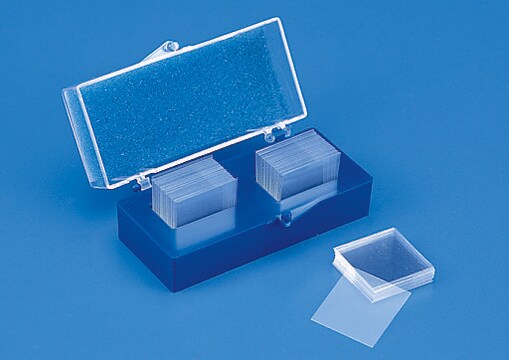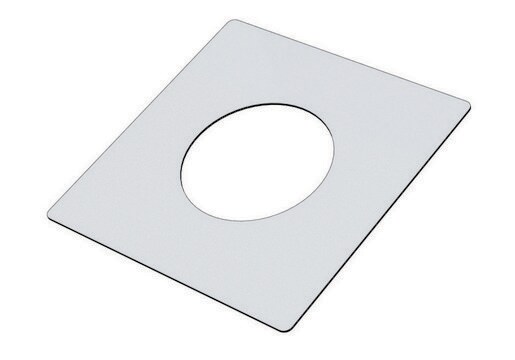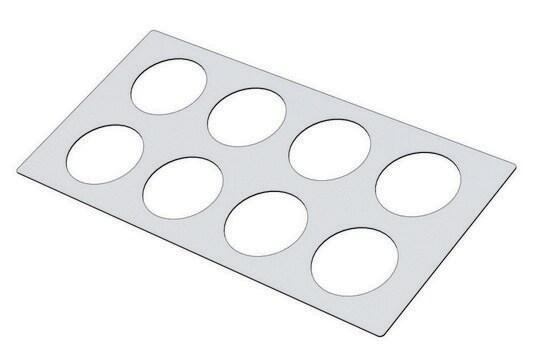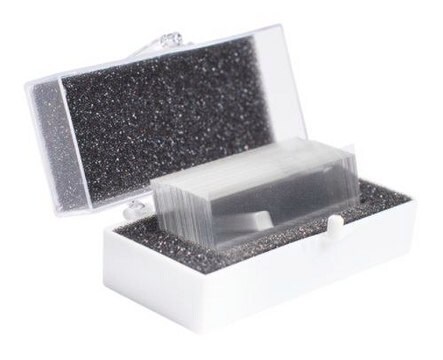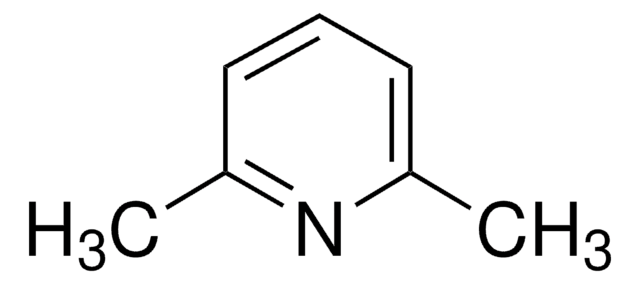H0784
Hybri-slips
L × W × thickness 60 mm × 24 mm × 0.25 mm
Synonym(s):
hybridization cover, polycarbonate hybridization cover
Sign Into View Organizational & Contract Pricing
All Photos(1)
About This Item
UNSPSC Code:
41122600
NACRES:
NB.22
Recommended Products
material
polycarbonate
packaging
pack of 100 ea
manufacturer/tradename
Grace Bio-Labs 716024
L × W × thickness
60 mm × 24 mm × 0.25 mm
Looking for similar products? Visit Product Comparison Guide
General description
- Constant probe concentration - Unlike glass cover slips, Hybri-slips do not adsorb probes.
- Ready-to-use - Hybri-slips do not require pre-treatment prior to use.
- Avoid RNA degradation - Hybri-slips are supplied RNAse-free and are protected from contamination by clean-release liners.
- Durable - Hybri-slips remain flat even at elevated temperatures.
Application
Hybri-slips are hydrophobic cover slips for in situ hybridization, in situ PCR, and hybridization to genomic arrays on glass slides.
Hybri-slips have been used on slides in microarray hybridization. They have also been used for in situ hybridization.
Choose from one of the most recent versions:
Certificates of Analysis (COA)
Lot/Batch Number
It looks like we've run into a problem, but you can still download Certificates of Analysis from our Documents section.
If you need assistance, please contact Customer Support.
Already Own This Product?
Find documentation for the products that you have recently purchased in the Document Library.
Expression patterns of Passiflora edulis APETALA1/FRUITFULL homologues shed light onto tendril and corona identities.
Scorza LC, et al.
EvoDevo, 8, doi: 10-doi: 10 (2017)
Rachele Macirella et al.
International journal of molecular sciences, 17(3), 361-361 (2016-03-16)
Mercury (Hg) is a highly hazardous pollutant widely used in industrial, pharmaceutical and agricultural fields. Mercury is found in the environment in several forms, elemental, inorganic (iHg) and organic, all of which are toxic. Considering that the liver is the
The tagged microarray marker (TAM) method for high-throughput detection of single nucleotide and indel polymorphisms.
Jing R, et al.
Nature Protocols, 2, 168-177 (2007)
Our team of scientists has experience in all areas of research including Life Science, Material Science, Chemical Synthesis, Chromatography, Analytical and many others.
Contact Technical Service
